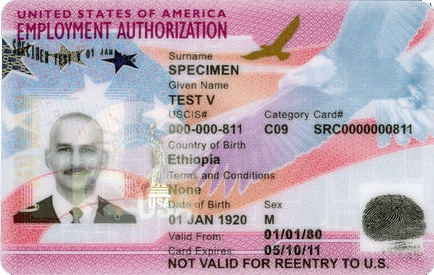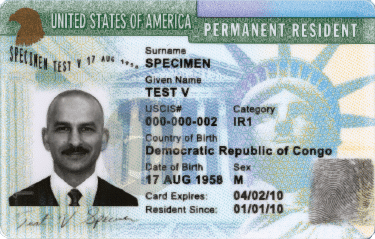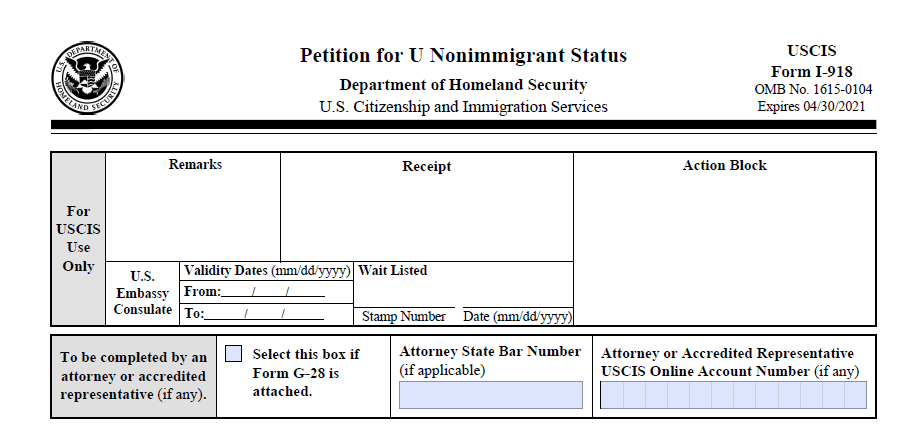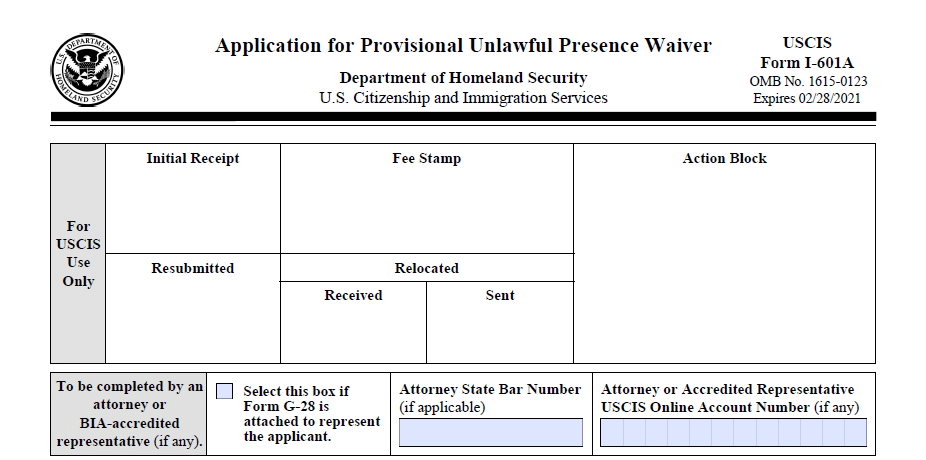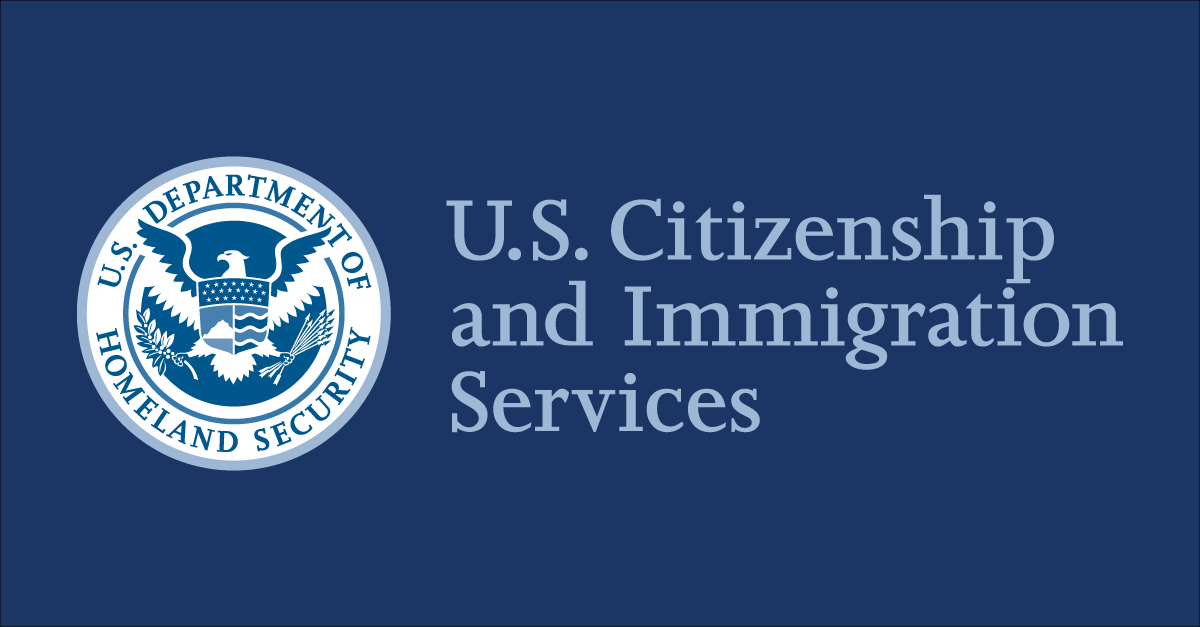Many people want to know if they can now file for additional DACA benefits, including initial DACA applications and requests for advance parole. These are good questions but have not been resolved as of today. It is expected that USCIS will issue clarifying guidance soon, and that President Trump might even issue a new rescission notice that more clearly complies with regulations. Until that happens, what options exist?
The short answer: new, initial DACA applications should be accepted and processed by USCIS, but whether they will actually do so is unclear. And, DHS could terminate DACA again at any moment. Continue reading for more details.
It is important to review what has happened up to this point. On September 5, 2017, Acting Secretary Elaine C. Duke issued a memorandum rescinding the DACA program in its entirety. All benefits associated with the original DACA memorandum and program were then terminated if that memorandum did not specify otherwise. There were certain benefits that continued to exist, but only for a temporary period of time.
What happened in practice was that initial DACA applications stopped immediately, many people rushed to file renewal applications, and pending I-131 applications were terminated and people were issued refunds. People have actually been able to renew DACA without stop because several courts enjoined the DACA programs recission.
Now, years later, the Supreme Court decided that the Trump Administration’s actions were illegal in its decision dated June 18, 2020. The Court was not really ruling as to the legality of DACA, but rather the legality of its termination. US law constrains the actions that agencies can take in important ways, and the Supreme Court decided that DHS:
failed to consider the conspicuous issues of whether to retain forbearance and what if anything to do about the hardship to DACA recipients. That dual failure raises doubts about whether the agency appreciated the scope of its discretion or exercised that discretion in a reasonable manner. The appropriate recourse is therefore to remand to DHS so that it may consider the problem anew.
DHS v. Regents of the Univ. of Ca., 591 U.S. ____ p. 29 (2020).
The exact language of the Supreme Court’s decision is important for assessing the current status of the DACA program. The Court stated:
The judgment in NAACP, No. 18–588, is affirmed.7 The judgment in Regents, No. 18–587, is vacated in part and reversed in part. And in Batalla Vidal, No. 18–589, the February 13, 2018 order granting respondents’ motion for a preliminary injunction is vacated, the November 9, 2017 order partially denying the Government’s motion to dismissis affirmed in part, and the March 29, 2018 order partially denying the balance of the Government’s motion to dismiss is reversed in part. All three cases are remanded for further proceedings consistent with this opinion.
DHS v. Regents of the Univ. of Ca., 591 U.S. ____ p. 29 (2020).
As stated above, the judgment in one of the consolidated cases, NAACP v. Trump, 298 F. Supp. 3d 209, was affirmed. So we need to consider what that court said in order to know what the Supreme Court was affirming. Here is the order by that court that was affirmed:
Upon consideration of [8] defendants’ motion to dismiss and [28] plaintiffs’ motion for summary judgment, and for the reasons stated in the Memorandum Opinion issued on this date, it is hereby
ORDERED that [8] the government’s motion to dismiss is GRANTED as to plaintiffs’ procedural Administrative Procedure Act (“APA”) claim (Count I) and plaintiffs’ information-sharing claim (Count V), DENIED as to plaintiffs’ substantive APA claim (Count II), and DENIED IN PART AND DEFERRED IN PART as to plaintiffs’ constitutional claims (Counts III and IV); it is further
ORDERED that [28] plaintiffs’ motion for summary judgment is GRANTED as to their substantive APA claim but DENIED as to their procedural APA claim; it is further
ORDERED that the Department of Homeland Security’s (“DHS”) September 5, 2017 decision to rescind the Deferred Action for Childhood Arrivals (“DACA”) program is VACATED and REMANDED to the agency; it is further
ORDERED that the Court’s order of vacatur is STAYED for ninety days; and it is further
ORDERED that the parties shall file, by not later than Friday, July 27, 2018 a joint status report stating whether DHS has issued a new decision rescinding DACA and whether the parties contemplate the need for further proceedings in this case.
***
SO ORDERED.
/s/ JOHN D. BATES
NAACP v. Trump, 298 F. Supp. 3d 209
And so, the order was was affirmed on June 18th, 2020, explicitly “ORDERED that the Department of Homeland Security’s (“DHS”) September 5, 2017 decision to rescind the Deferred Action for Childhood Arrivals (“DACA”) program is VACATED and REMANDED to the agency…” Because that decision was vacated, it is as though it never existed. DHS cannot rely on the decision in any part until it issues a new decision rescinding the DACA program. At that point, the litigation process will likely begin anew and most likely at some point the Supreme Court will allow the Trump Administration to terminate DACA since it was only due to its own errors that it lost in court to begin with.
In reality, the Trump Administration is not likely to have enough time left to carry out that policy. It will take years for a new decision to make its way to the Supreme Court, and it is likely that some court will step in to enjoin a new rescission order. Or, Congress could finally take action to give DACA-holders a permanent status, which would resolve all of these issues.
With all of the above in mind, what options do those with DACA, those who qualified for DACA but did not request it, and those with DACA who want to travel on advance parole have? As said above, the situation is new and there are no guarantees. But it seems, generally speaking and not for any specific person, that:
- Anyone who meets the original requirements for DACA can now file an initial DACA application, and USCIS has no lawful basis to refuse that until they formally rescind DACA again. However, this does not mean that USCIS will accept those applications, and everyone attempting this should accept that it may need to be litigated.
- DACA renewal applications should be able to continue as they were before the Trump Administration tried to end it, which is not terribly different from the situation we have been in.
- Request for I-131 parole (travel permits) are not likely to work, but for someone with an urgent need to travel there might be some value in trying.
Resources


